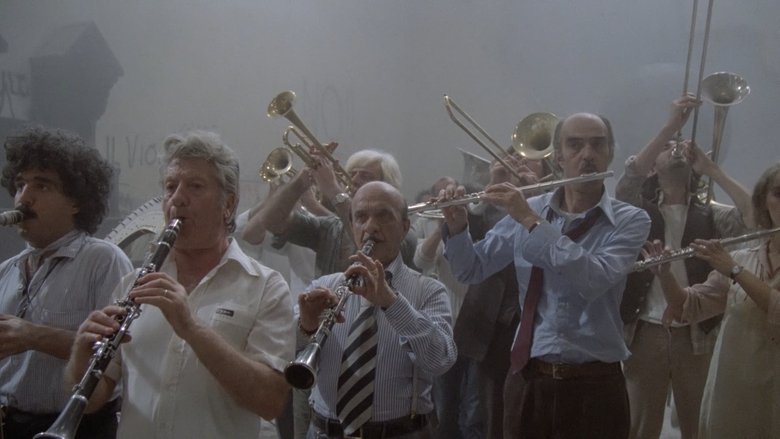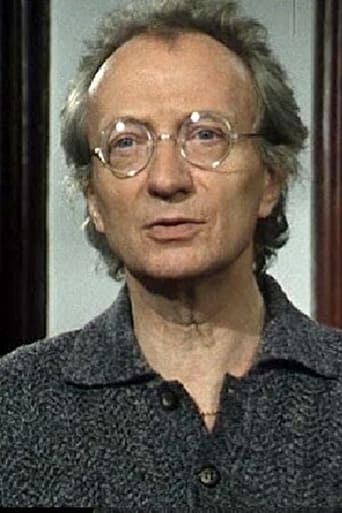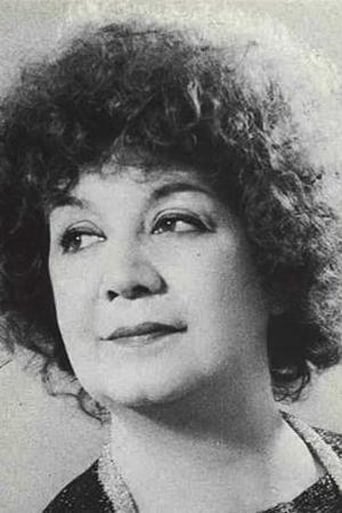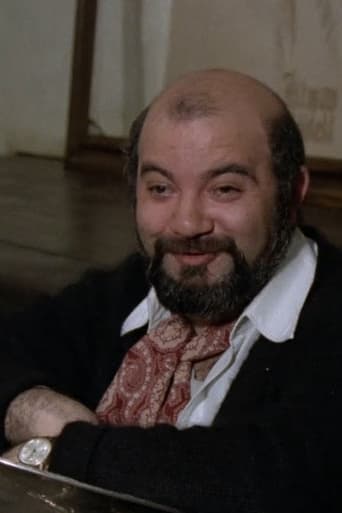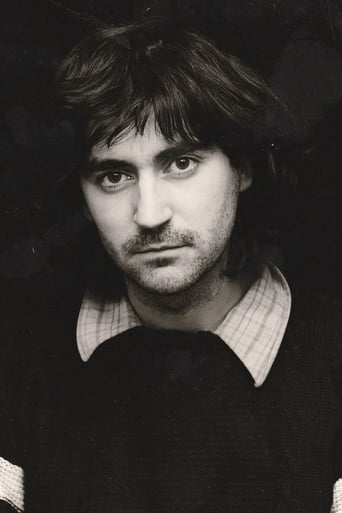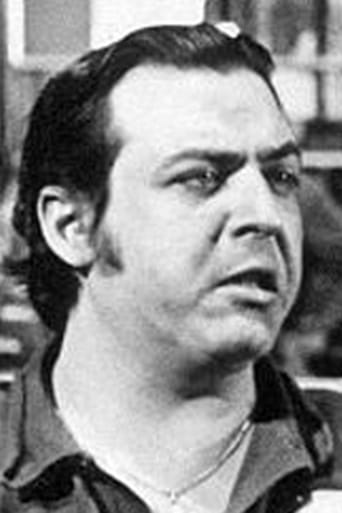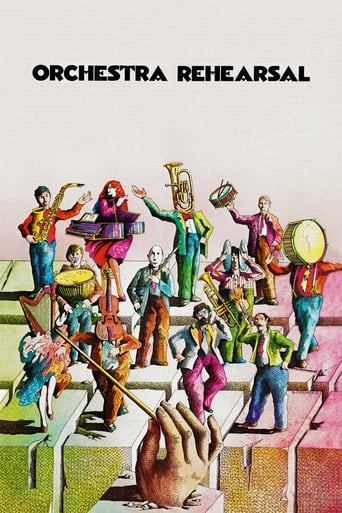
An orchestra assembles for a rehearsal in an ancient chapel under the inquisitive eyes of a TV documentary crew, but an uprising breaks out.
Similar titles
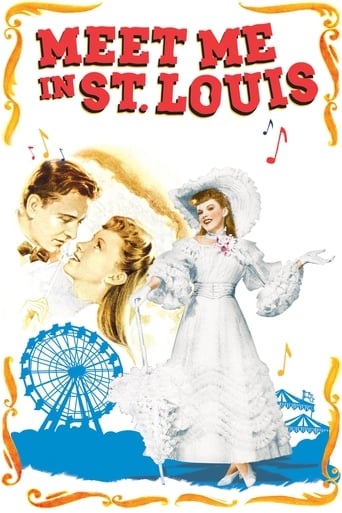
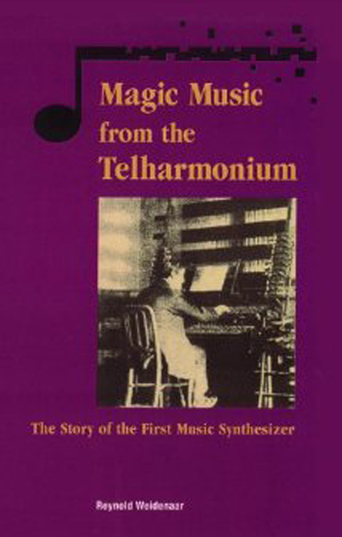
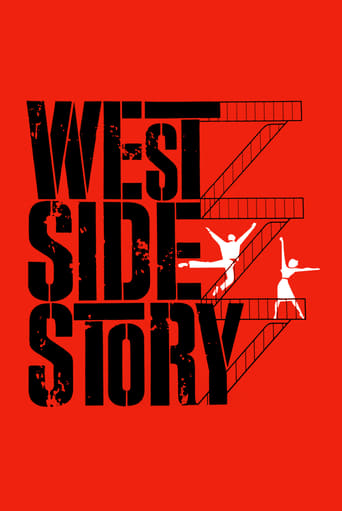
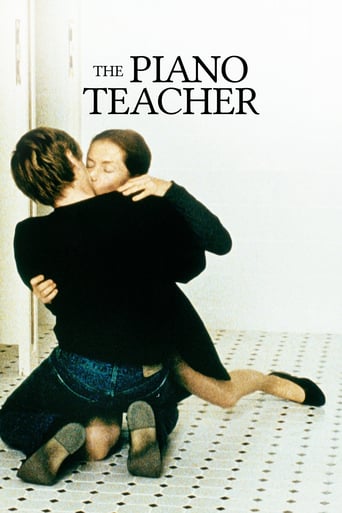
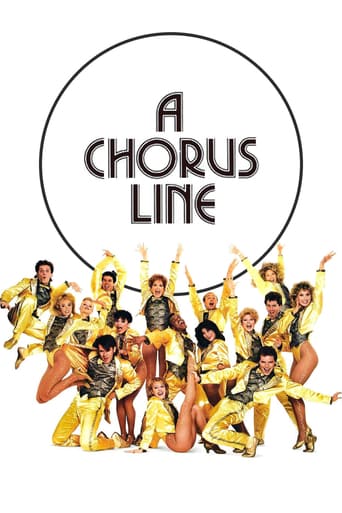
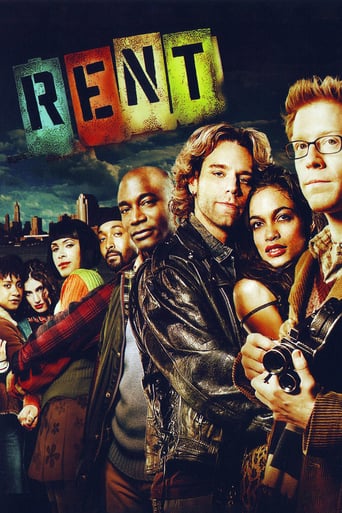
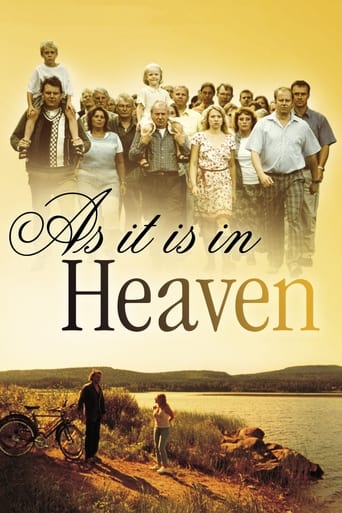
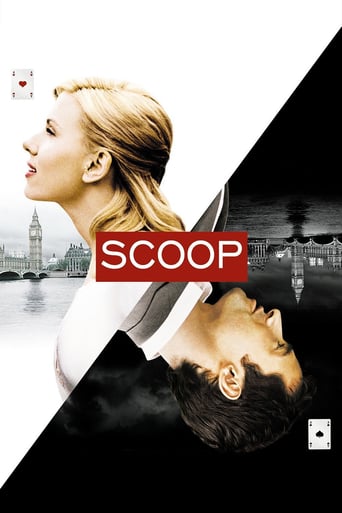
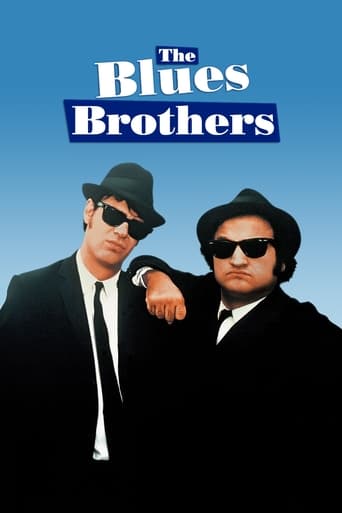
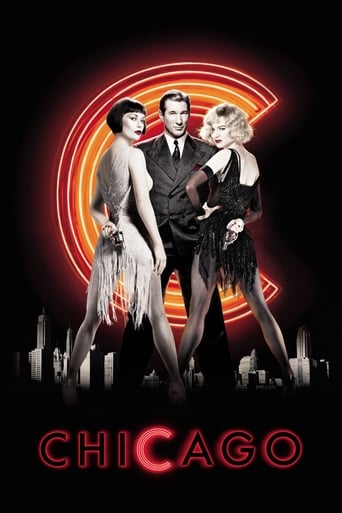
You May Also Like
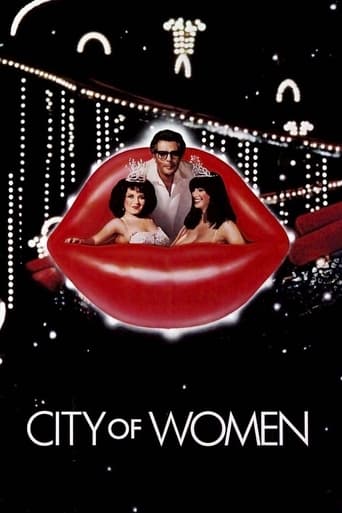
Reviews
Great Film overall
As Good As It Gets
This is one of the few movies I've ever seen where the whole audience broke into spontaneous, loud applause a third of the way in.
Through painfully honest and emotional moments, the movie becomes irresistibly relatable
The poet William Congreve said: "Music has charms to soothe a savage breast" yet according to Woody Allen, listening to Wagner gives him "the urge to invade Poland". I guess the truth about music lies somewhere between these two conflicting interpretations.For some, music is the perfect embodiment of men's capability for abstraction. Whether for love, ideals or faith, it's the only universal language meant to awaken hearts and souls before intellect. And because of its so high and noble purpose, music can also be a devil's tool and inspire the most aggressive and vindictive reactions. It's a double edged-sword, maybe the most dangerous form of artistic expression precisely because anyone provides his own meaning.The great achievement of "Orchestra Rehearsal" is to offer us, for the first and only time, the opportunity to understand the value of an instrument from the intimate and privileged perspective of the player. The film has such an immense pedagogical value that I recommend it to any music teacher, for its magnificent illustration of the variety of instruments that enrich the world of music. Each instrument has a personality eagerly embraced by the player, as if man became the obedient tool of a greater instance. Fellini makes it so obvious that the characters should be, in fact, defined by the name of their instrument.Violins, first, are arrogant because they're the first and longest-running players; oboes hate them because they play a greater role but they don't get the same recognition. Free-spirited and youthful percussions are naturally bored by their colleagues' pompousness; harp is elegant, sweet and introverted. Tuba has low self-esteem. What else? Piano is classy and very seductive, clarinets are solemn, flute is lively and eccentric. And so on and so forth, listening to each player speaking of his instrument and acting according to it, is of the film's greatest delights.Yet variety is worthless when not tending toward complementarity. The project of the orchestra is the same of any other society: to make people coexist in harmony, literally this time. Only harmony will allow all these personalities to express themselves as an ensemble, many egos for one expression that will touch our individual hearts. That's what orchestras are for, and this is why they need a conductor, like a society needs a leader to maintain order, not the easiest task in "Orchestra Rehearsal".The musicians all meet in a dirty and creepy crypt-like place in the middle of the town. Although the sanctuary is dedicated to music and only music, fact is that these musicians brought the town in it, and are far from the devoted or disciplined artists we used to see. The reasons they don't get along with each other exceed their instruments' "rivalry": they're of different generations, men and women, old-fashioned professionals, young long-haired leftists, geeky losers; idealistic dreamers and disillusioned pragmatists who think more in terms of syndicate hours. What a gallery! What more to ignite their hatred, the place is filthy, a rat can play the uninvited guest, the German conductor is difficult to work with, and there's hardly a place to sit and focus on the partitions without smelling the neighbor's bad breathe or touching his elbow. The film, set in real time, borrows some elements from Sidney Lumet's "12 Angry Men" through its parallel between a claustrophobic setting and pressure, inevitably leading us to an explosion of emotions, given that they're more than 12, and they're too unfocused to get back to the only thing that puts them on the same wavelength: music.And to make things worse, there is TV. The film, shot like a TV documentary, highlights TV's effect on people in general. Instead of focusing on music, their ego is suddenly awakened by that camera's eye staring at them and inviting them to express freely while there's no freedom in classical music. And as required discipline progressively fades out, aggravated by the conductor's exuberance, the musicians start to wonder what can of values music should express and decide to rebel against harmony's diktat.The film was said to be inspired by the anarchist movements in post-60's Italy, but there's more to it in my opinion. Music is depicted as a fascinating paradox. It's a discipline that demands patience and dedication, that can't do without the admiration of a mentor, and long hours of pain, works, mistakes and humiliations, with a divine result as a pay-off. In one of the film's most thrilling moment, the musicians seem to be touched by the divine grace, and play a magnificent piece named "Galop" and the tune celebrated 'freedom', 'anger' and 'excitement' more eloquently that any political slogans.Music can express freedom but is not a free expression for all that. Cinema is. And maybe this is why Fellini admitted some defiance toward music, too restrictive an art. Yet his "Orchestra Rehearsal" is perhaps the greatest celebration of music ever done in film. And Fellini's owes a lot to his all-time companion Nino Rota, for having musically elevated films like "La Strada" or "8½" to their legendary status. This tribute to music was long overdue for Rota and any other composers, and Fellini and Rota couldn't have a greater last collaboration (one year before Rota's death) and this is why any Fellini fan can have a soft spot for 'Orchestra Rehearsal".The ending can be regarded as a triumph of music. After the chaos resulting from the rebellion, fueled from a 'urban' thirst for anarchy, the entrance of a bulldozer nearly destroying the crypt reminded the musicians of the city's alienation they all escape from when they play music. The antagonist in the film might not be the conductor, but town and TV, the greatest catalysis of individualism, disorder and resentment, what precisely goes against music's values.François Truffaut said "I demand that a film express either the joy or the agony of making cinema." Replace 'Cinema' by 'Music' and you have "Orchestra Rehearsal"
My score of 5 does not mean that "The Orchestra Rehearsal" is a mediocre film--it's more a score reflecting how enjoyable the film would be for most folks. Most people would be confused and somewhat bemused by the film....and by the time it's over, they'll be wondering whether or not they liked it. It is clearly NOT a film for the average viewer--and the same can be said of many other Fellini films--where surrealism takes precedence over story.When the film begins, it appears to be a rather ordinary documentary. Various orchestra members talk to the camera and explain in rather ridiculous manners who important their particular musical instrument is. Practically all of them think theirs is the best and ascribe lots of nutty attributes to it. It's mildly, very mildly, amusing. However, as the film progresses, it appears as if the filmmakers took drugs--and the more the film progresses, the more the drugs take effect!! Suddenly, the orchestra degenerates--as if the members are mostly petulant children. What does it all mean? Well, perhaps nothing--or perhaps it's all about the dangers of a truly socialist system. Who knows? Overall, this is a mega-weird film--even by Fellini standards. Unless you are a huge Fellini-phile, I doubt if the film is one you'll adore. Not badly made, but strange. If you like "And the Ship Sails On" or "City of Women", you'll love this film. If you don't like these films, then "The Orchestra Rehearsal" is probably not for you.
In most of Federico Fellini's best films, he made big statements about the way we live and socialize with each other and deal with ourselves as much as the past, all within exciting, tragic-comic film-making style. Orchestra Rehearsal does the same, though in a shorter amount of time. We are given a (union) orchestra in Italy, who's members vary from young adults to the old timers, women, introverts, trouble makers, and so forth, who each have their own music of choice (or sometimes of necessity). The conductor is frustrated- he can barely get the orchestra to concentrate much less really practice, and the union problems get things caught in the way as they rip through the ironically happy and (typically) carnival-like pieces. There's a break taken, which is when everything starts to slowly, but surely, wind down and breakdown among the musicians. In the meantime a television crew stands by taking 'interviews' of the musicians, their opinions, their little 'off' moments, signaling the anarchy that will soon ensue.The interviews themselves are some of the strongest, funniest parts of the film- the interviewers get (sometimes begrudgingly) words on their instruments, why they play, how they play, and what role their music has in the world. These interviews can also be hit-or-miss sometimes, and because of the constant dialog (there's sometimes barely a breath to be had, as is the beautiful claustrophobic style in Fellini's characters), there's almost too much information going on. There's also the tendency for the character(s), whom are mostly portrayed by un-professionals (to acting, not to music of course), to not be very convincing, or even a little boring (the conductor's monologue in his room, for example, is one of the weaker parts of the film for me). But then it does start to pick up in insane, trademark Fellini fashion as the musicians rebel, and an unexpected surprise comes heading their way.It's likely that Orchestra Rehearsal isn't one of Fellini's very best films, but it is one that captivates as it bemuses, brings laughs as it does thought, and it isn't necessarily a wasteful experience (some may not like it much at all, at least in comparison to his masterpieces). Not to forget the incalculable, lasting power of Nina Rota's music, which drives the film's bombastic, heart-racing rehearsing scenes (there is also humor underneath much of the music, like when the musicians have their own little solos as jokes). There's something always satisfying when a composer is on the same page as the director he's writing for, and few were ever so in tune as Fellini and Rota. And even during some parts that don't add up, their combination helps out a lot. As mentioned before, one could even think deeper into the ideas and thoughts and characters in the film as almost a microcosm of society itself, its easy-going people, its hard-nosed people, its incendiaries, its nostalgics, and its normals and eccentrics. Or, one can just take the Fellini ride, so to speak, and enjoy some 70 minutes with Fellini & company.
This miniature movie's tempo builds, stops and starts in that comical, jerky way characteristic of Fellini. It's one of the things I like.The interviews are a riot!It appears to be a parable of the last few hundred years of European history.
Top Streaming Movies











